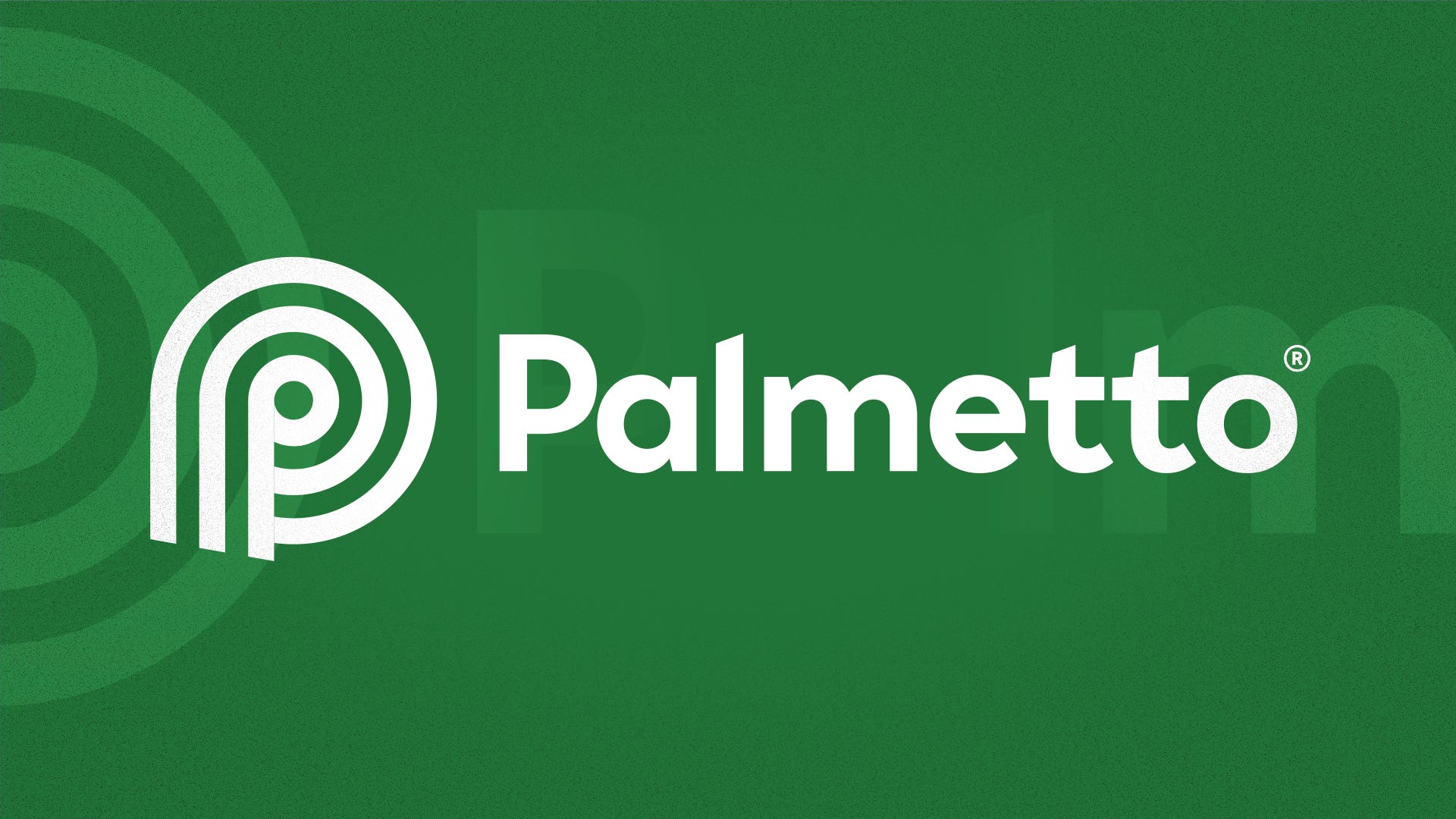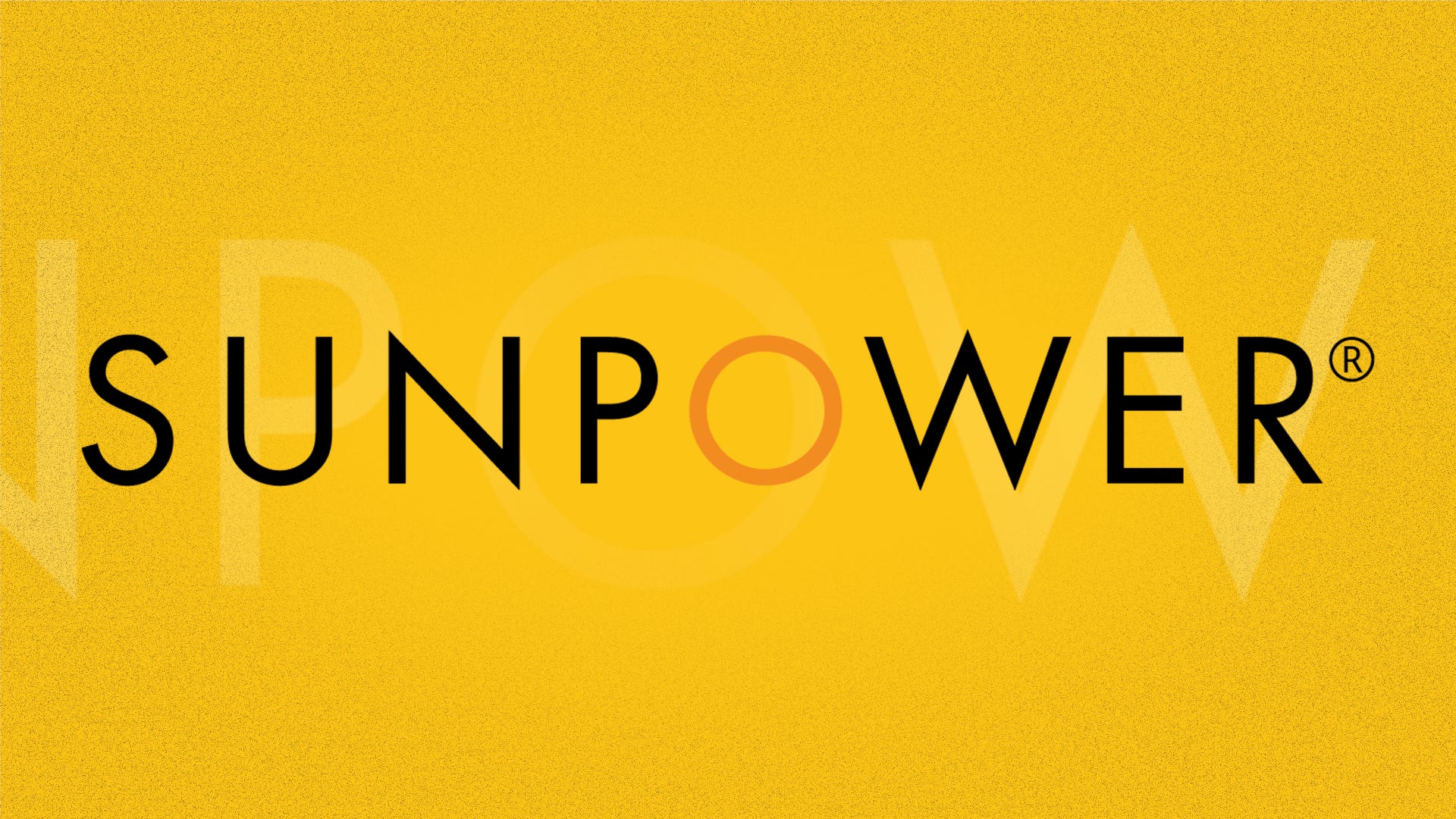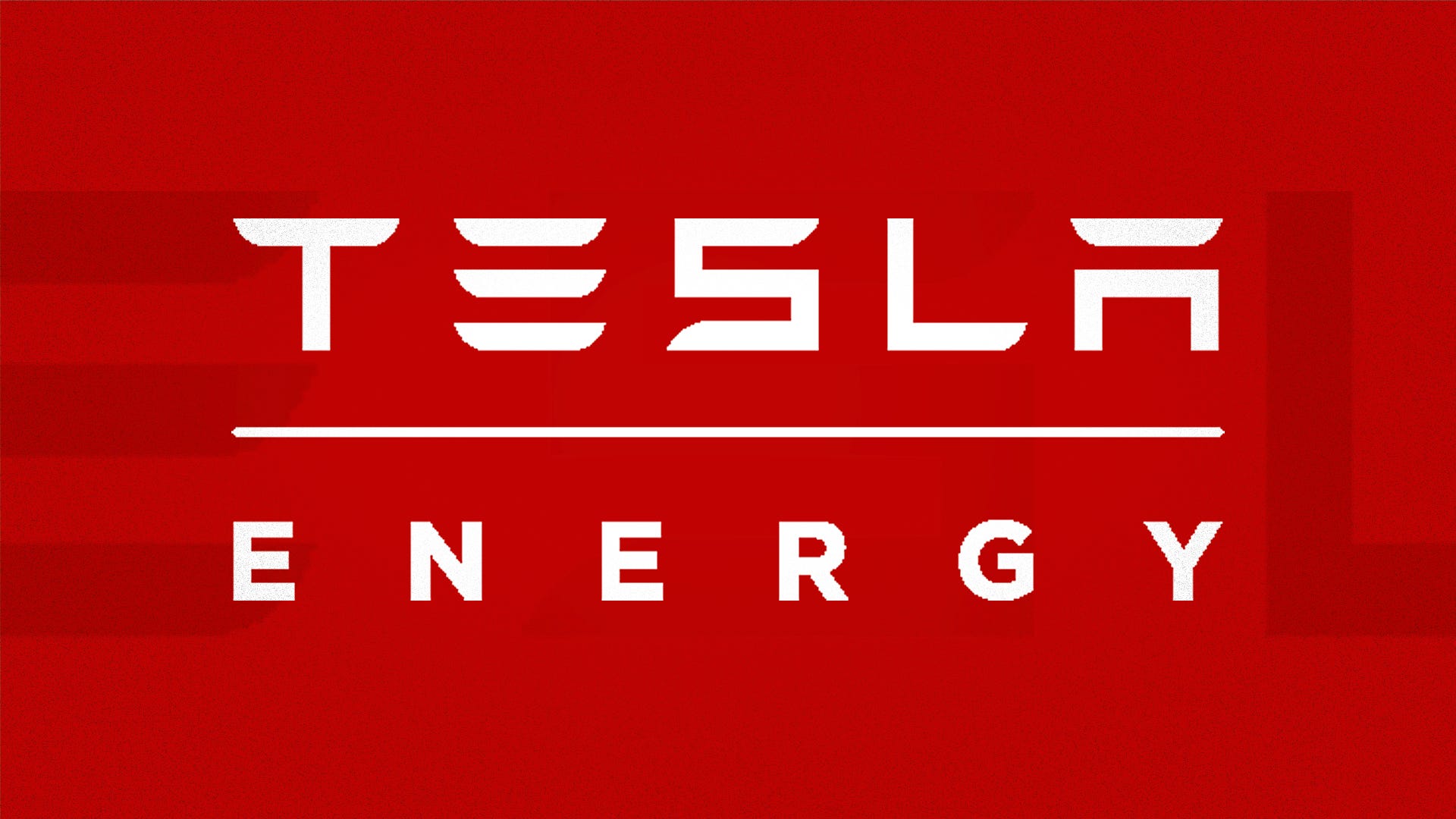If you’re looking to go green — or save green — in Washington, DC, you’ll be happy to hear that you live in a very solar-friendly place.
DC’s combination of federal and local tax credits and other incentives make going solar not only a great way to run your home on clean energy but potentially a great way to save money. The residential clean energy credit bolstered by the Inflation Reduction Act, for instance, is a federal tax credit that could save you 30% on the cost of clean energy additions to your home.
One big incentive in the District: Solar for All legislation offers rooftop solar installation or community solar access for households that fall within certain income thresholds.
There are many other incentives and rebates available to you if you’re swapping to solar energy in DC. Before you find out how you can cash in on solar energy, though, you’ll want to know the best national and local companies offering solar installations.
Best national solar power companies in Washington, DC

Palmetto Solar
Best overall
Solar panels are typically low maintenance equipment, but they’re also unfamiliar. If you want to reap the benefits of solar but will have a bit more peace of mind if someone else is making sure it’s working, Palmetto might be a good fit for you. Just remember to add the cost of Palmetto’s monitoring service in to your payback period calculations.

SunPower Solar
Best solar panels
If you’re looking for top-of-the-line solar panels, SunPower is your best choice. But don’t write it off if you’re looking for a less flashy installation that will get the job done. This year it started installing Qcells panels, which should make an installation from the longest-tenured company on our list available to more people.

Freedom Forever
Best for cash customers
Include Freedom Forever in your search if you want the backing of a national company that installs a wide variety of the most popular solar equipment available. Freedom Forever also extends a couple of products that take some of the pain and risk out of going solar, like a production guarantee and an escrow option with cash purchases. Online reviews say customer satisfaction has been low of late, though the company says that’s changing.

Tesla Solar
Most affordable
Tesla’s solar branch seems to be the least loved of Elon Musk’s ventures. Even Tesla’s Solar Roof seems to get more love.
If price is the thing you won’t budge on, consider Tesla. By all accounts, Tesla installs quality panels and makes the closest thing there is to a household name in solar storage: the Powerwall.
Where you might miss out is customer service. Discussion online seems to suggest Tesla’s service is a bit of a gamble.
Local solar installers in Washington, DC
Established in 2009 and headquartered directly within the District of Columbia, Revolution Solar is a Black-owned and family-run solar installer that claims more than 1,000 solar panel installations to its name.
The company claims to have experience performing residential and commercial system installations on flat roofs and pitched roofs alike, and it promises to finish the job within 30 to 45 days. The company states it has representatives who can aid you in English and Spanish.
Operating within DC and Maryland, Uprise Solar claims it will treat your system with the love and care it provides its own privately owned systems with its 20-year warranty guarantee. The Uprise Solar website states it has representatives who can aid you in the English, Spanish, Portuguese and Armenian languages.
How to determine which solar company is best for you
The Solar Energy Industry Association says homeowners in the District of Columbia have 28 solar panel installers to choose from. Some solar companies outsource their installation process to subcontractors while others keep installation in-house, so make sure to ask about a company’s installation process before hiring it for the job.
With many companies to choose from, it can be easy to rush the decision process. Before making a quick pick, consider the variables that might matter to you during this decision-making process. A company’s reputation might be important, but make sure that they offer the price, product and warranty that meet your needs.
“The No.1 thing if you’re looking to go solar, before you commit to one company, reach out to at least four or five installers and have at least multiple proposals,” said Sukrit Mishra, DC program director for Solar United Neighbors.
Mishra said Solar United Neighbors offers a free Helpdesk consultation.
Cost of solar panels in Washington, DC
There isn’t a single “end all, be all” price that you can find when you’re looking to figure out what it’ll cost to get your solar panel system. There are a couple of important variables that can swing the price of your purchase in different directions.
You might need to fix your roof before installing solar panels, for instance. The size of your solar panel system will also be a major determining factor in what the final cost will look like for you.
We typically use state data on solar panel costs from FindEnergy.com, but figures specific to DC were unavailable. Instead, we’ve added information from Maryland and Virginia to the chart below to give you an idea of costs in the area.
Average cost of solar panels in Washington, DC
| Typical system size (kW) | Price per watt | Total installed cost | Cost after 30% federal tax credit | |
|---|---|---|---|---|
| Virginia | 9 | $3.59 | $32,310 | $22,617 |
| Maryland | 8 | $3.54 | $28,320 | $19,824 |
| National average | 8.6 | $3.67 | $31,558 | $22,091 |
This map provides the average total price, cost per watt and system size for solar panel systems in different states, according to data from FindEnergy.com. The prices shown aren’t representative of any fluctuations from tax credits or state solar incentives. If FindEnergy doesn’t have solar data for a particular state, it appears grayed out on the map.
Washington, DC, solar panel incentives and rebates
No matter where you live in the United States, there are federal incentives that help make solar installation more appealing. The biggest incentive is a major tax credit that covers up to 30% of the cost of clean energy additions to your home.
“If homeowners don’t have a large enough federal tax liability to take advantage of this, they can use whatever amount applies to that fiscal year and rollover any remaining amount for the next 10 years,” Mishra said. “It doesn’t have to be used in just one year.”
DC has its own incentives on the local level that’ll help you save even more money.
Alongside the Inflation Reduction Act’s tax credit, there’s a property tax exemption for solar panel systems installed in DC. That means you won’t have to pay property tax on whatever additional value your solar panel system might add to your home.
The District of Columbia has legislation promoting a Solar for All program, which allows you to save 50% on your energy bills over the course of 15 years so long as your household income falls within the Solar for All income guidelines. Additionally, if no one in a household receives any income, the household would have to complete a zero income affidavit and have it notarized before applying to the Solar for All program, Alvin Jones, energy program specialist for the Department of Energy and Environment said in an email.
There are no guarantees you’ll be accepted for the program, as it operates on a first-come, first-served basis, but the cost of solar installation is fully covered by the District of Columbia Sustainable Energy Utility if you’re accepted.
There are several non-income-based incentives for DC residents making the switch to solar as well. Solar access legislation prevents homeowners associations from prohibiting a solar panel installation on your property.
Finally, DC Solar Renewable Energy Certificates and local net metering initiatives ensure that you’ll be rewarded for all of the clean energy your solar panels produce. SRECs are credits earned every time a solar panel system generates 1 megawatt-hour of energy. These credits can then be sold on a regulated SREC market as a form of passive revenue.
In fact, DC SRECs are some of the highest value SRECs in the country. “One SREC is trading around $430 to $440 per credit,” Mishra said. “Assuming a solar system lasts for 25 years, and assuming the rates hold up, that’s a total revenue of anywhere between $40,000 to $50,000 on top of whatever homeowners are saving from the energy bill.”
These incentives can help shorten your solar payback period and help you see savings even quicker.
Washington, DC, solar incentives
| Solar for All Program | Income-qualifying households can access a rooftop solar panel system at no cost. You can find the application here. |
|---|---|
| Solar Renewable Energy Certificates | SRECs are issued to households employing solar energy; you’ll be granted 1 DC SREC per MWh of energy your panels produce, which you can then sell on the SREC market. |
| Net metering | When your solar panels produce an excess supply of energy, you’ll be able to gain utility credits to use when your system doesn’t produce enough energy for your household. |
| Community solar | As a second component of the Solar for All initiative, DC residents have access to a community solar subscription through their local utility company. Community solar allows you to subscribe to a solar energy source while benefiting from a decreased energy bill. Community solar gives access to anyone who doesn’t want the long-term commitment or significant upfront cost of a traditional rooftop installation, or someone who rents or has a home that is not a good fit for solar panels. |
| Property tax exemption | You won’t have to pay any increased property tax on the additional value your solar panel system adds to your property. |
| Inflation Reduction Act tax credit | Federal legislation will provide a tax credit worth up to 30% of the money spent on clean energy improvements to your home. |
Installation factors to keep in mind
The economics of buying or leasing a solar panel system aren’t the only variables you have to consider. While the incentives and tax rebates are enticing, there are also unique hurdles you need to jump before you make this decision.
Roof condition and angle: Before installing solar panels, it’s important to know if your roof can handle a system that can serve your energy needs. Not only does your roof need to be in a solid state to support the panels, but the angle is going to determine how much energy your panels generate. The panels can only produce electricity under the sun, so ensure your roof is at an angle conducive to the best energy generation.
Insurance: If you choose to install a solar panel system on your property, it’s important to make sure you have the proper homeowner’s insurance for full coverage. Many insurance policies already cover solar panels, but you’ll need to speak with your insurance company to understand better what is and isn’t covered by your current plan.
Climate: While DC does experience occasional heavy snowfall in the winter months, this won’t drastically affect the output of your solar panel system. As long as sunlight is reaching your solar panel setup, you’ll be able to generate electricity. Solar panels are also installed at an angle that will generally allow snowfall to slide off and keep much of the panels’ surface area exposed.
HOA Regulations: The District of Columbia has solar access legislation that prevents homeowners associations from prohibiting you from installing solar panel systems on your property.
Historical preservation: Though HOAs aren’t able to prohibit solar installation in DC, there are certain wards that have legislation enforcing historical preservation. If you live in one of these areas, you can still install solar panels on your home, so long as they aren’t facing the street. Make sure to let your installer know that this is a relevant factor if you live in a historically preserved part of DC.
Cost and time: Going solar is a costly decision, whether you pay upfront or finance the installation through a loan. Solar energy savings are generated in the long term. If you’re planning on moving out anytime soon, solar likely won’t be a worthwhile investment for you.
How to pay for solar panels in Washington, DC
Solar installation is an investment that can save you a lot of money over time, but that doesn’t mean it’s inexpensive upfront. A solar panel system is a major purchase, so you need to seriously consider how you’ll be financing that purchase before diving in headfirst.
Cash: On paper, paying for your solar installation out of pocket is one of the best ways to finance this project. No strings are attached, and you get to take advantage of a shorter solar payback period. Solar installation is a pricey investment, though, and you’ll need a hefty sum of money on hand for it. Solar projects generally cost between $10,000 and $30,000, so start saving money if you don’t plan on using an alternative financing method.
Solar loan: There are special solar loans that you can take out to finance the installation of your solar panel system. Your chosen installer may have a relationship with a bank that can offer you a loan specifically for the installation, but you’ll generally want to look at solar loans from several different financial institutions to ensure you’re getting the best possible deal.
HELOC/Home equity loan: A home equity loan or home equity line of credit is an option for financing solar installation, but keep in mind that failing to repay these expenses in time could lead to foreclosure on your home.
Personal loan: Contacting your financial institution of choice may allow you to finance the solar installation with an unsecured personal loan. Unsecured personal loans tend to have more favorable rates since they typically aren’t collateral-based loans.
Solar lease: It’s possible to lease solar panels from an installation company for a set monthly fee. This option might be more viable for homeowners who don’t have a reason to take advantage of tax credits, such as retirees with little or no taxable income.
Power purchase agreement: Power purchase agreements, like leases, involve a solar company installing panels on your roof and retaining ownership. Instead of buying the panels, or paying a monthly fee as in a lease, you pay the company per kilowatt-hour for the energy generated by the panels that you use. Power purchase agreements have many unique pros and cons. Weight them up carefully before locking in this installation option.
How we found the best solar panel companies
The companies we listed above as “the best” are curated from CNET’s best solar companies list. Companies making the best list are scored on the equipment, warranties and customer service they offer. Then, we make sure these recommendations are available in your state. You can read a full breakdown of how we review solar companies here.
Companies listed under the local installers were chosen in a less rigorous way. We chose them because they offered something unique or notable to customers in the state, they seemed well-regarded by internet reviewers or because they were one of the few installers we could find information on in the state.
Whether we’ve completed a full review on a company or not, it’s always a good idea to get multiple quotes from different installers before choosing a company.
Washington, DC, solar power FAQs
What are the advantages of solar panels?
The pros and cons of solar panels differ depending on your goal. Generally, solar panels produce clean energy and could put more cash in your pocket after your solar payback period is concluded.
How long does it take to pay off solar panels?
The solar payback period for a given system depends on the size and cost of the solar panel system you have installed, the payment method you chose, your consumption patterns and a few other factors.
Does Washington, DC, offer a solar tax credit?
All US residents have access to the 30% federal tax credit. DC residents can also access a property tax exemption.




















+ There are no comments
Add yours